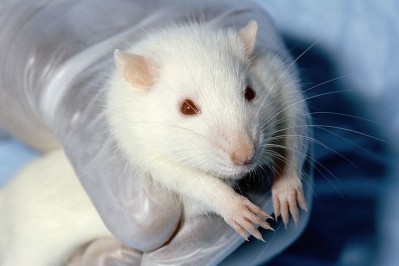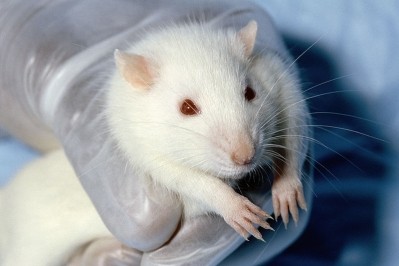PETA discusses FedEx and UPS 'commitments' not to ship animals used in research

Last month, People for the Ethical Treatment of Animals (PETA) announced that - after discussions with the group - FedEx and UPS gave it written commitments they will not ship animals used in laboratory research.
PETA described the news as a ‘big development’ that involved ‘the top two largest cargo airlines.’ However, while FedEx and UPS may lead the cargo sector, the impact of their commitments' have on drug R&D may be less significant, at least that is according to statements Outsourcing-pharma.com received from both firms.
FedEx spokeswoman Sally Davenport told us “FedEx does not ship research primates. Thus, there has been no change in our animal shipping practices,” while Mark Dickens from UPS said “Of the few types of animals that UPS will ship, primates – and actually all mammals – are prohibited and this is not a recent development.”
With this in mind we asked PETA whether it will seek assurances from firms that are more involved in the transport of animals used in laboratory research and also if it has any qualms about the potential negative impact its activities could have on drug development.
Your organisation is quoted as saying that "FedEx and UPS were not transporting many or any animals" - can you give me some more specific details/numbers on this?
FedEx, UPS and DHL (the world's largest provider of air freight services) confirmed to PETA US that they do not frequently transport animals for any purpose and that they would not ship animals to laboratories.
UPS stated that there may be cases in which non-mammals were being shipped to laboratories but that they are now taking steps to prohibit such shipments. The new policies confirm that these carriers will never transport mammals for use in laboratories, even if they are approached by experimenters who can't get animals shipped to them via commercial airlines, most of which have stopped transporting at least some animals for use in laboratories.
Which carriers do ship animals used in preclinical drug research and will you seek similar commitments from them?
Virtually every major carrier in the world refuses to ship primates destined for experiments, and many major airlines refuse to ship any animals to laboratories. Just from the International Air Transport Association's list of the world's 10 largest cargo carriers, FedEx, UPS, Cathay Pacific, Korean Airlines and EVA Air prohibit any shipments of animals for experiments; Emirates, Singapore and China Airlines won't ship primates to laboratories; and Lufthansa has banned shipments of cats, dogs and primates to labs.
Air France is the only top 10 carrier that does not prohibit shipping any animals to labs and is the only major European carrier—and one of the only ones in the world—still transporting primates destined for cruel and deadly experiments in the US and abroad. PETA UK and its international affiliates will continue to press the few remaining airlines that still profit from the suffering of animals to end their participation in this shameful practice.
If all companies stopped shipping animals used in drug research one of the likely outcomes is that animals will be bred locally - introducing genetic variations into the models.
According to academics and CROs I've contacted this would slow drug development, mean more experiments (and therefore animals) are used and may delay the development of drugs. Does PETA have a view on this?
A heavy reliance on cruel, expensive, slow and ineffective animal experiments—not a lack of them—is the reason why we don't have more effective drugs and treatments for human illnesses. According the US Food & Drug Administration, an astounding 92 per cent of drugs that test safe and effective in animals fail in human clinical studies.
If airline policies make it more difficult for drug companies to conduct studies on animals, it may be a good thing for drug development.
Another likely outcome is that preclinical drug research involving animals will be conducted in countries where animal welfare regulations are less strict, which again will mean more animals are used and potentially impact research jobs. Does PETA agree with this interpretation?
The many European and American companies who have already voluntarily outsourced animal testing and breeding operations to countries where it is less expensive and less regulated don't seem to be too concerned with stringent oversight or animal welfare regulations.
If burning and starving animals in invasive and cruel experiments is stopped because experimenters can't easily get animals for little money, it wouldn't impact anyone but the experimenters and the animals. The invention of the automobile, the abolition of slavery and the end of World War II all necessitated job retraining and restructuring. This is simply a factor in all social progress—not a reason to deter progress.
Finally, when DFDS stopped shipping live animals used in research to the UK earlier this year they said they "decided not to accept bookings for the transport of animals for research purposes." Presumably such animals can still be shipped if they are not registered for research purposes?
Were the commitments UPS and FedEx sent to Peta worded in a similar way?
UPS and FedEx generally do not transport animals for any purpose, so it is unlikely that they could be shipped on these carriers by simply labelling the packages differently.














